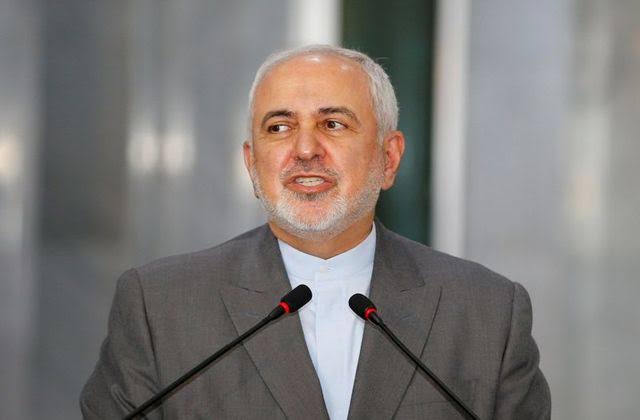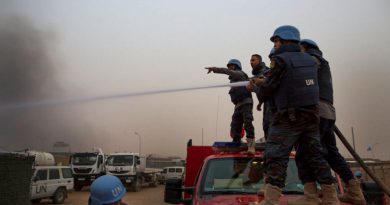Iran ready to show goodwill if U.S., Europe abide by nuclear deal: Zarif
Rome (Reuters) – Iran will fully comply with a 2015 deal aimed at preventing it from developing nuclear weapons if both the United States and Europe honour their original commitments, Iranian Foreign Minister Mohammad Javad Zarif said on Thursday.
U.S. President Donald Trump quit the pact in 2018, saying it did not do enough to curb Iran’s nuclear and ballistic missile programs or its militant influence in the Middle East.
However, president-elect Joe Biden has said he will rejoin it if Tehran first resumes strict compliance. He has also said he would work with allies “to strengthen and extend it”.
Addressing a Rome conference via video-link, Zarif said the so-called Joint Comprehensive Plan of Action (JCPOA) could not be renegotiated but it could be resurrected.
“The United States has commitments. It is not in a position to set conditions,” he said.
Iran’s Guardian Council watchdog body approved a law on Wednesday that obliges the government to halt U.N. inspections of its nuclear sites and step up uranium enrichment beyond the limit set under the 2015 deal if sanctions are not eased within two months.
Zarif said that although the government did not like the law, it would nonetheless implement it.
“But it is not irreversible,” he said. “The Europeans and USA can come back into compliance with the JCPOA and not only this law will not be implemented, but in fact the actions we have taken … will be rescinded. We will go back to full compliance.”
Zarif said economic sanctions imposed by the Trump administration had cost Iranians $250 billion and made it impossible to buy medicines and vaccines needed to combat the coronavirus, which has taken a particularly heavy toll on his country.
“It is a crime against humanity,” he said, adding that the U.S. measures were preventing European companies from doing business in Iran, dashing hopes of a massive upswing in trade after the 2015 deal was signed.
“Europeans say they are in full compliance (with the deal) but they simply are not. … We don’t see any European companies in Iran, we do not see any European country buying oil from Iran, we do not see any European banks send us our money,” Zarif said.
The foreign minister said he hoped that neighbouring Arab states, some of which have recently forged ties with Iran’s arch-enemy Israel, would seek dialogue with Tehran once Trump left office.
“We are their neighbours. We will be in this region together. I do not believe that they want to allow Israel to bring the fight to Iran,” Zarif said.


